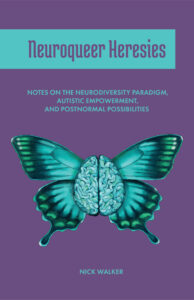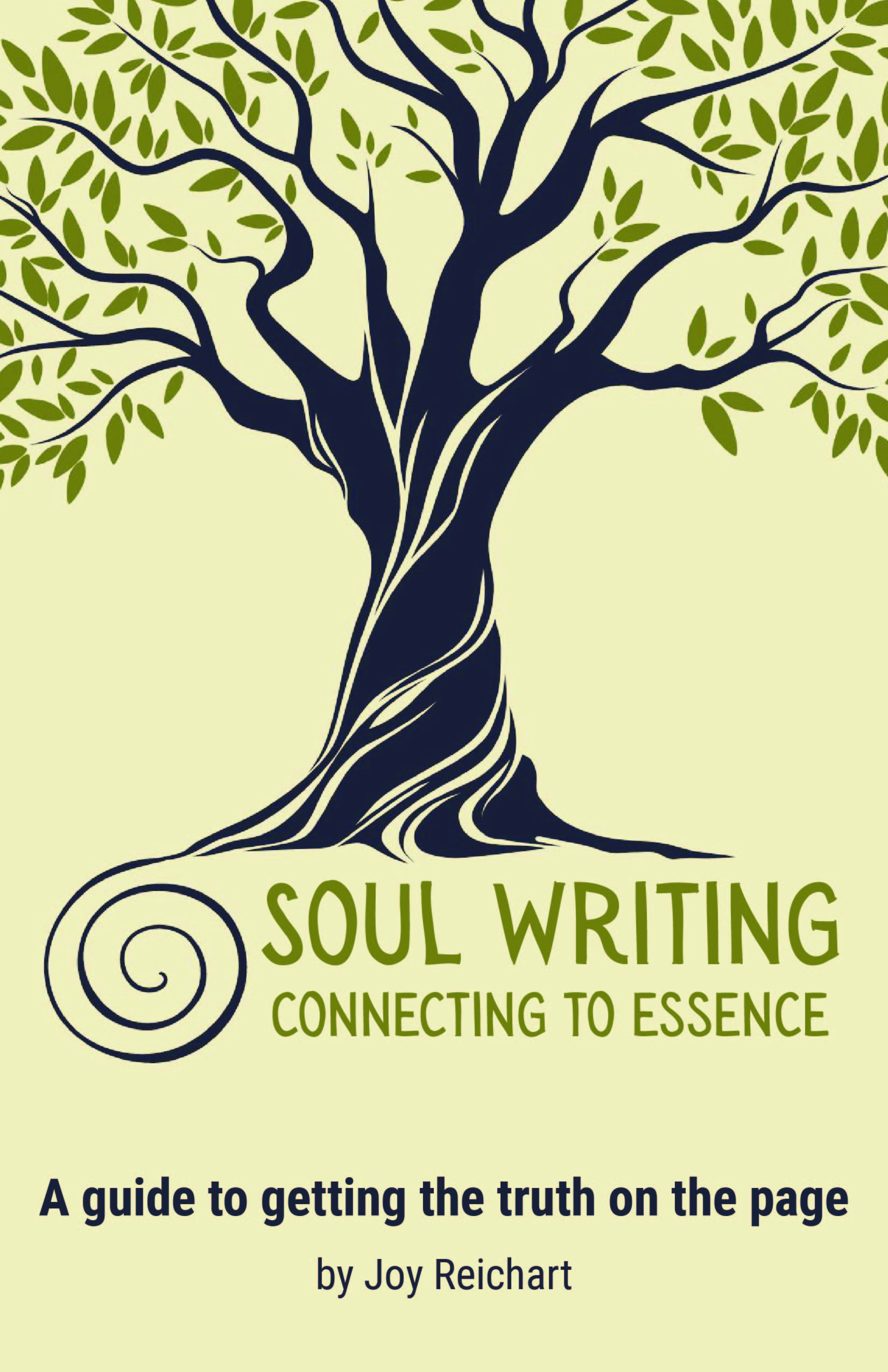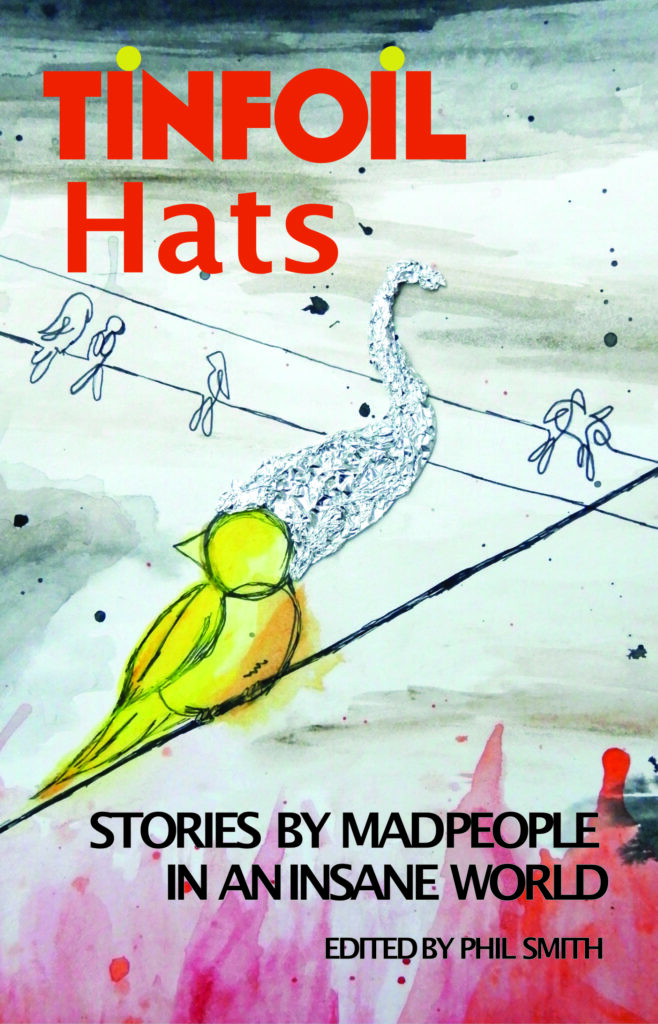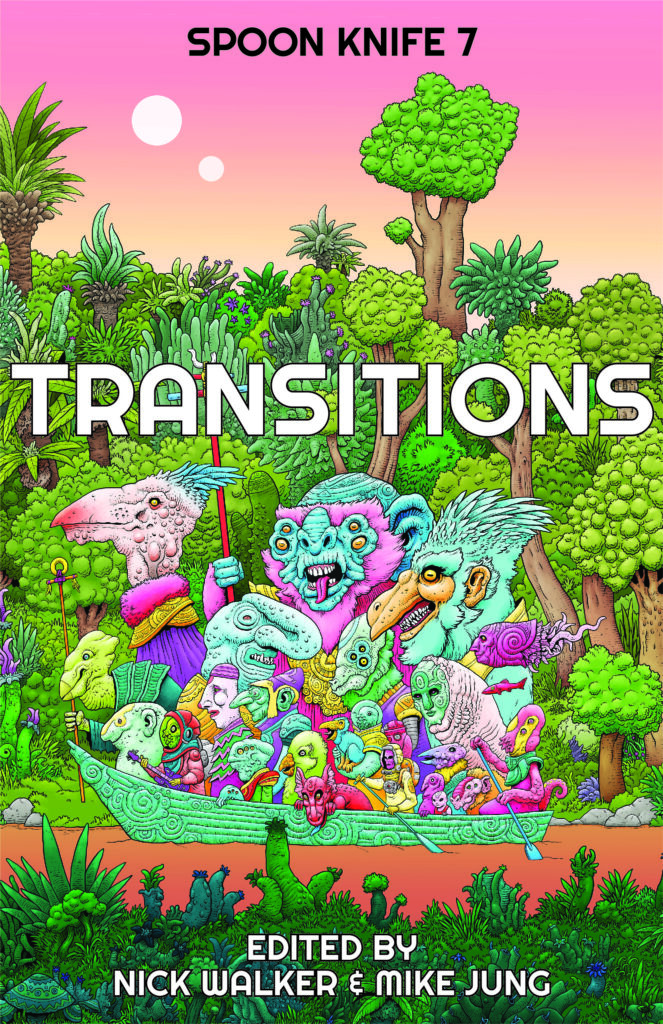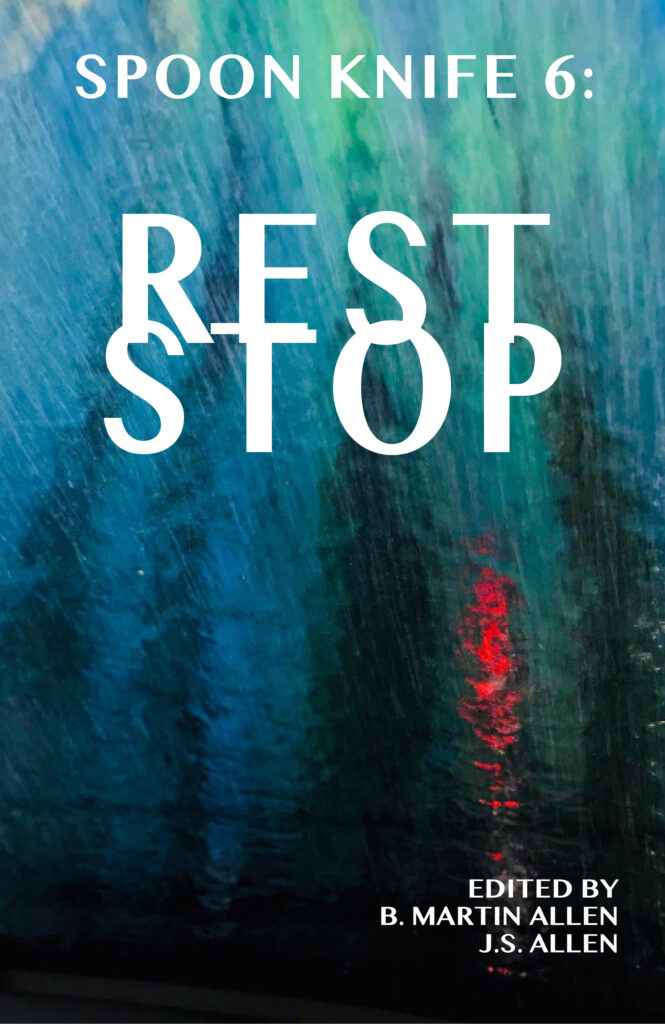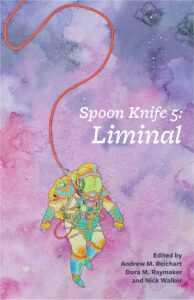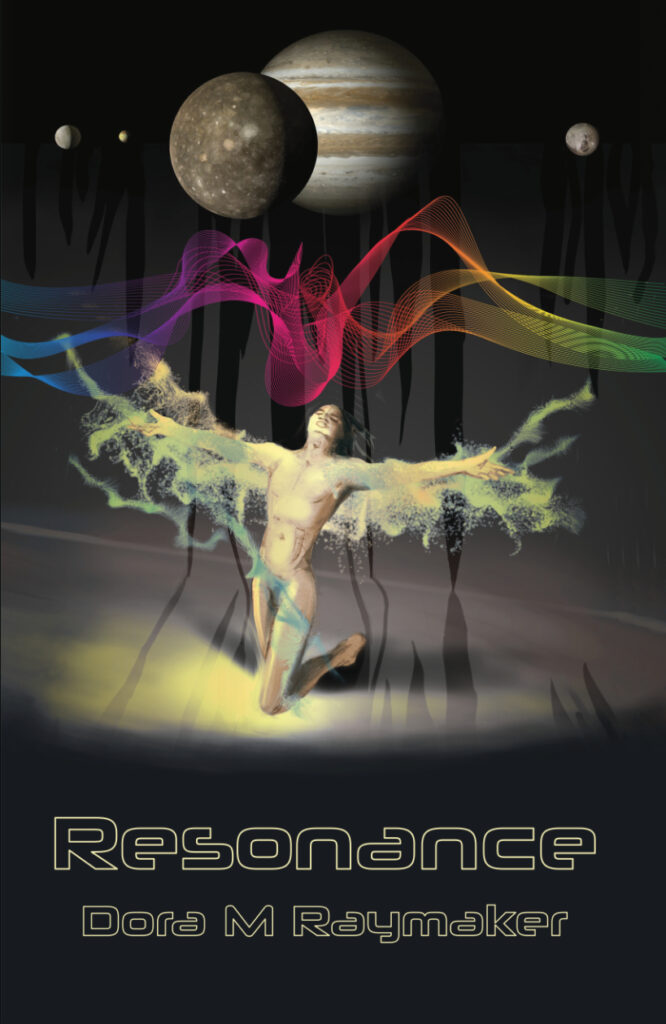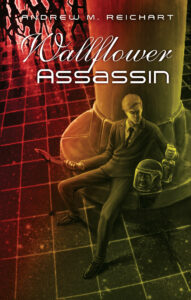Autonomous Press is an independent, worker-owned publishing house specializing in books that expand minds and challenge cultural norms.
We publish both fiction and nonfiction in all genres, and we love innovative works that defy traditional genre boundaries.
For more about us, click here. To view our full collection of current titles, click here.
Sign up for our email list to get notified of new releases, sales, and more!
